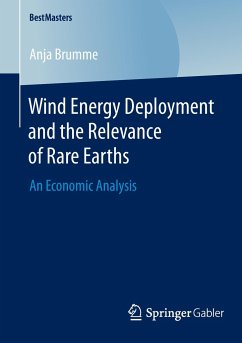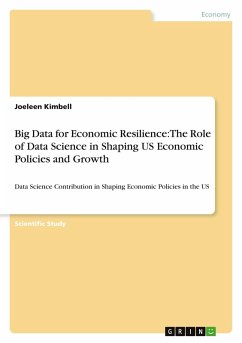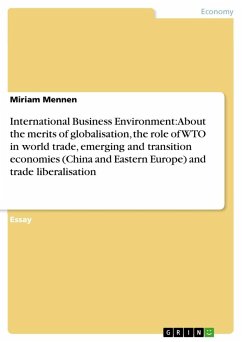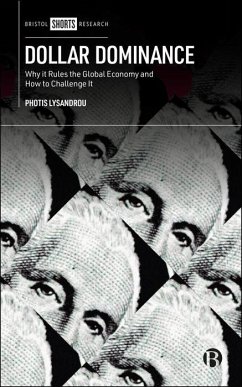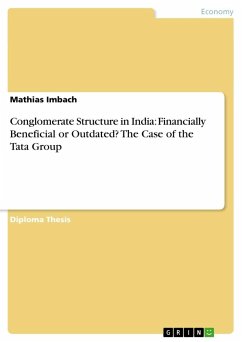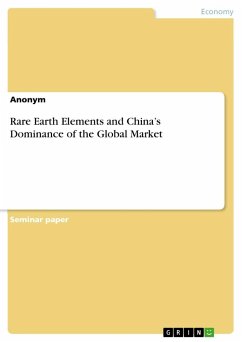
Rare Earth Elements and China's Dominance of the Global Market

PAYBACK Punkte
0 °P sammeln!
Seminar paper from the year 2012 in the subject Business economics - Economic Policy, , language: English, abstract: Almost twenty years after Deng Xiaoping stated: 'There is oil in the Middle East, but there is rare earth in China,' the country controls the REE global supply almost solely. Recent Chinese policies of raising taxes and cutting export quotas combined with its temporary ban on REE exports led not only to steadily increasing prices. Most notably it created uncertainty among companies producing outside Chine whether they will be able to get sufficient amounts of REE in the future a...
Seminar paper from the year 2012 in the subject Business economics - Economic Policy, , language: English, abstract: Almost twenty years after Deng Xiaoping stated: 'There is oil in the Middle East, but there is rare earth in China,' the country controls the REE global supply almost solely. Recent Chinese policies of raising taxes and cutting export quotas combined with its temporary ban on REE exports led not only to steadily increasing prices. Most notably it created uncertainty among companies producing outside Chine whether they will be able to get sufficient amounts of REE in the future and how much this is going to cost. Because it will take several years until Western mining capacities meet Western companies' demand, some manufacturers in need of REE have already started to relocate their factories to China.Beijing claims that their policies are dedicated to tackle environmental problems which have been caused by mining REE. However, taken into account that Beijing policies also require Chinese partners for foreign companies that operate within China, Western companies that relocate their facilities may risk handing over knowledge to future competitors. Aware of the consequences that Beijing's new fondness for environmental issues brings, governments and companies especially in Japan, the U.S. and Europe try to find ways to decrease their dependencies.This report examines factors that led to China's dominance on the REE market today and presents some counteractions which governments and companies in Japan, the U.S. and Europe have introduced to mitigate this situation. The two principal findings of this report are: first, because Western mining companies will need time to meet their companies' demand, the current situation is going to sustain for at least a few more years to come; and second, although China runs the risk of selling off its REE resources abroad which it needs for its own economy at home, it may benefit from the technology transfer in the long run.




